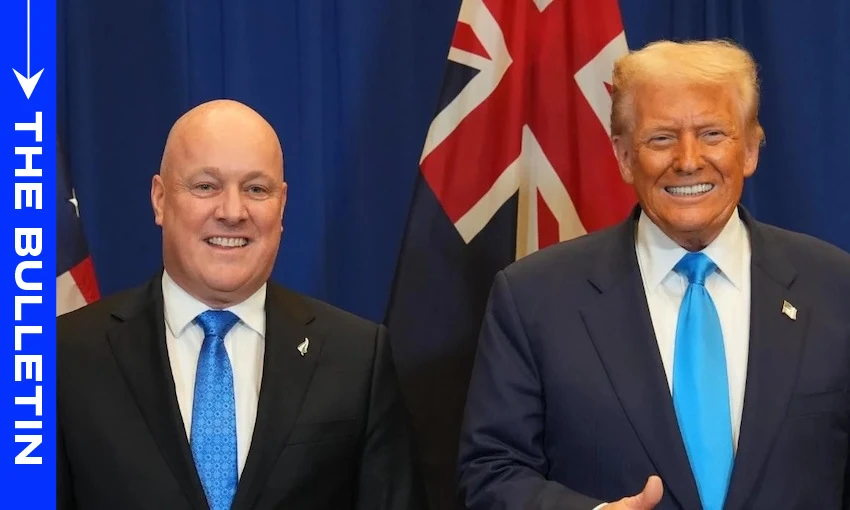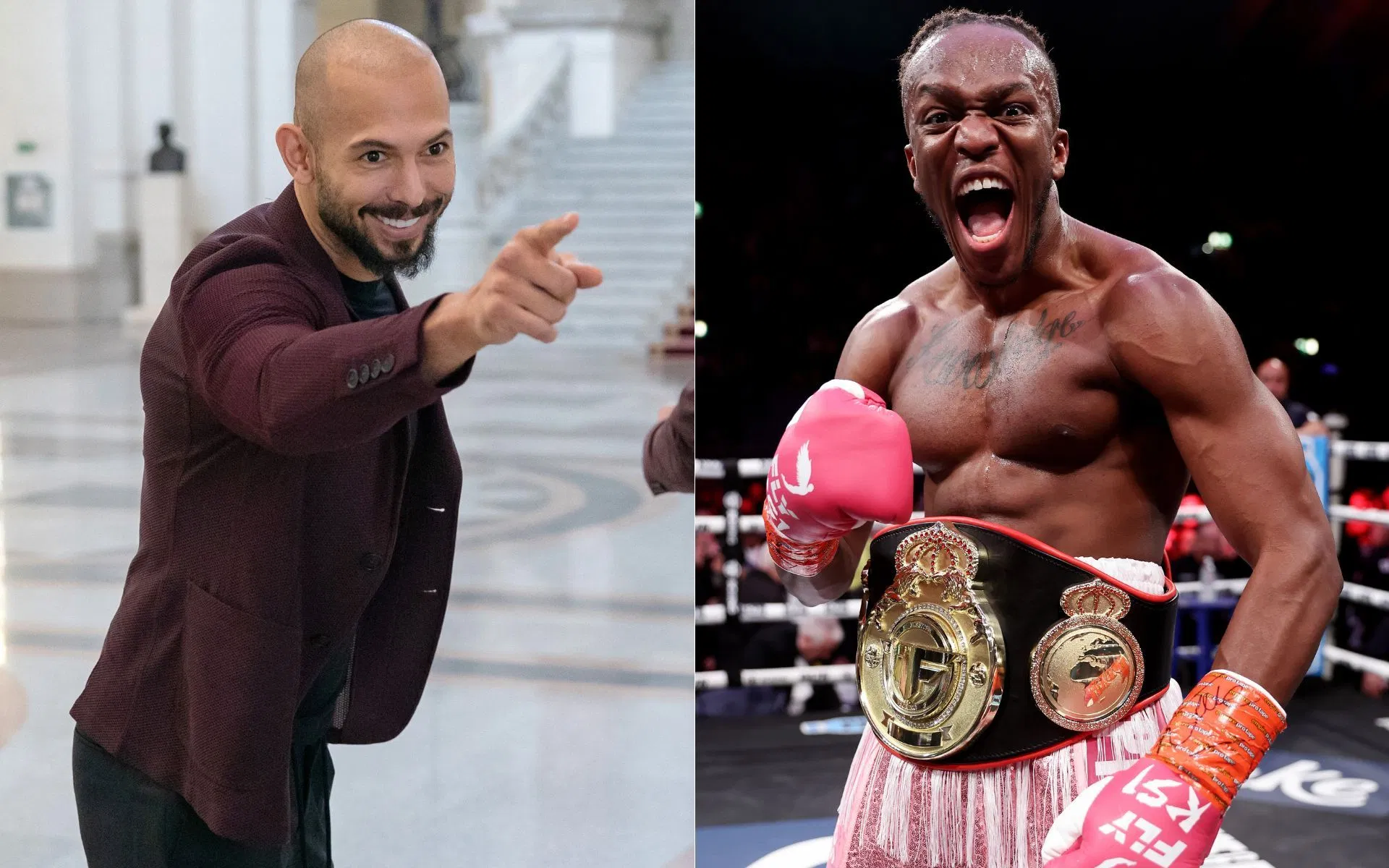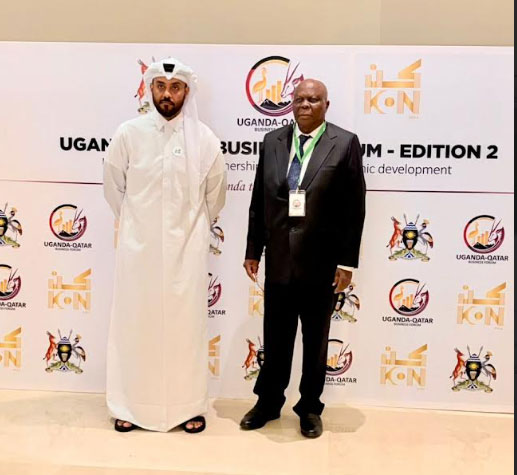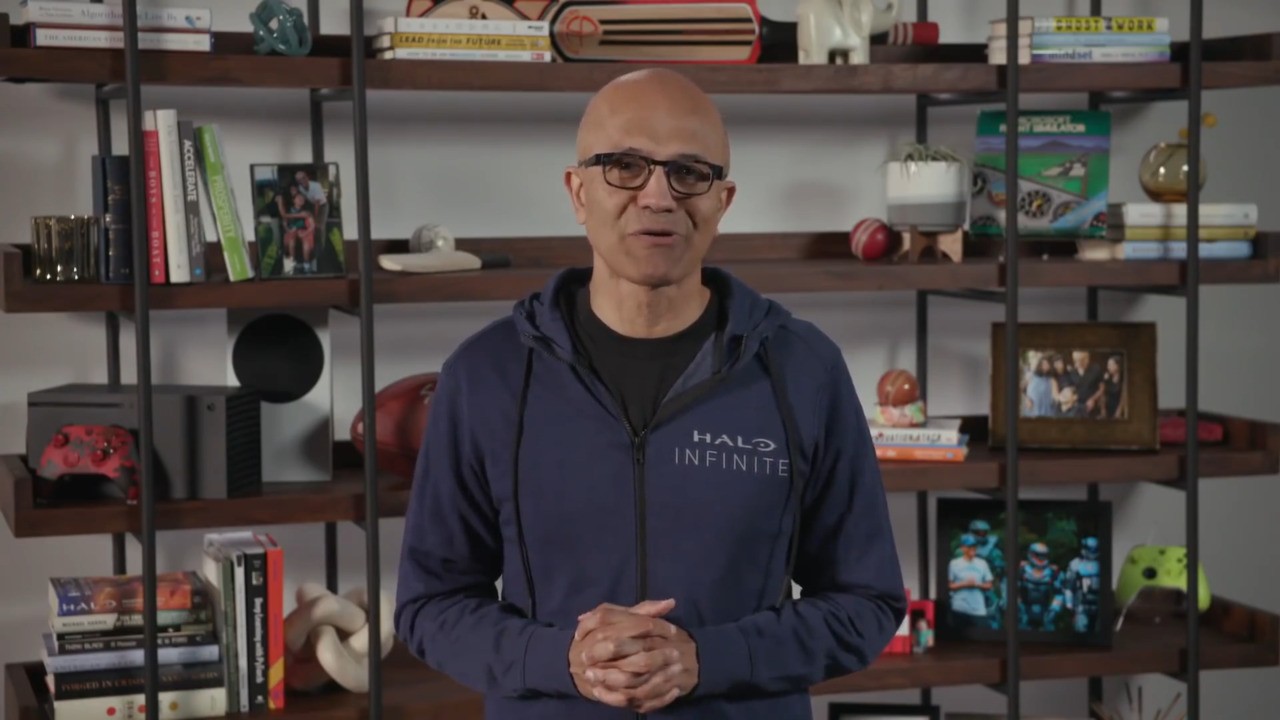Copyright thespinoff

The prime minister’s face-to-face encounter with the US president was brief, informal – and by all accounts, a diplomatic coup, writes Catherine McGregor in today’s extract from The Bulletin. To receive The Bulletin in full each weekday, sign up here. A warm welcome in Gyeongju According to the Herald’s Audrey Young, Christopher Luxon’s first encounter with Donald Trump at the Apec summit in South Korea “could not have gone any better”. The two leaders, who met privately for around 10 minutes before an intimate dinner with six other heads of government, appeared to hit it off immediately. They joked about golf and Luxon’s bald head, with Trump assuring him that his hair was “beautiful”. The bonhomie was evident in photos showing both men grinning and giving twin thumbs-ups for the cameras. Herald correspondent Jamie Ensor, who was in the room, said Luxon had achieved a diplomatic win “bigly”, adding: “Any time a New Zealand leader can get into a room one-on-one with the world’s most powerful man and leave it with only glowing remarks is a victory for the country.” The Post’s Henry Cooke agreed: “Becoming a face to [Trump], not just the leader of a tiny country a world away, is a solid win for a prime minister who hasn’t seen many of those lately.” The value of a one-on-one Personal rapport counts for a lot with Trump, and by that measure Luxon hit it out of the park. The president was overheard telling fellow leaders “I like your man from New Zealand” as he took his seat for dinner. In the days leading up to the summit, Luxon had downplayed the likelihood of a meeting, though Newsroom’s Sam Sachdeva said that may have been a strategy on Luxon’s part. In practice, the prime minister seemed “suspiciously well briefed” on Trump’s favourite topic, golf. Luxon offered the president a round with “my good mate Sir John Key” and the pair discussed Lydia Ko and Julian Robertson, the late American billionaire who founded the Cape Kidnappers golf course. It’s all pretty vacuous stuff, but the exchange clearly pleased the famously volatile US leader, and that’s what counts. As Cooke observed, Trump “sees the world in terms of personal relationships and abhors the kind of slow institution-to-institution work that usually goes into diplomacy”. New Zealand, Cooke added, will never be “much more than a cameo” in the larger-than-life Trump show – but making a good impression still matters. Tariffs off the table, for now With US tariffs on New Zealand goods now at 15%, some had hoped Luxon might seize the opportunity to press his country’s case. He did not. Asked afterward whether the issue was raised, the prime minister said only that the Trump administration was “very clear on the New Zealand position”. Luxon said tariffs were raised at the leaders’ dinner – though Newsroom’s Jonathan Milne said he’d been told, second-hand, that Trump “peremptorily shut down” the conversation.. To be fair, a serious tariff discussion was never really on the cards.”The priority was to build rapport and uncover some sort of commonality between the pair,” wrote Ensor. “That then helps when the real issues need to be discussed in the future.” The NZ International Business Forum’s Felicity Roxburgh told Newsroom it was better to wait until the US government shutdown ends and a $2b military helicopter purchase is finalised before pushing harder. A stronger stance now, she warned, would carry “a lot of downside risk” for the business community, which largely “understands and accepts the Government’s approach – at the moment.” The limits of ‘daddy diplomacy’ Others are less sanguine. Jonathan Milne himself wrote that he was having second thoughts about his previous stance that the government should “resist giving Trump the chance to make demands that would be difficult for New Zealand to meet, like cutting trade with China, unstitching GST, abolishing Pharmac, or compromising our biosecurity controls”. The problem, said Milne, is that approach had failed to achieve anything of substance. Tariffs on NZ goods had since risen from 10% to 15%, and “the wider bilateral relationship seems to be worsening by the day”. Otago University’s Robert Patman went further, saying liberal democracies, including NZ, had deluded themselves over Trump. “They seem to think that daddy diplomacy works, where you fawn all over him and tell him what a great man he is. And it wins a bit of a short-term smoothness, but it doesn’t result in any substantive changes.”



